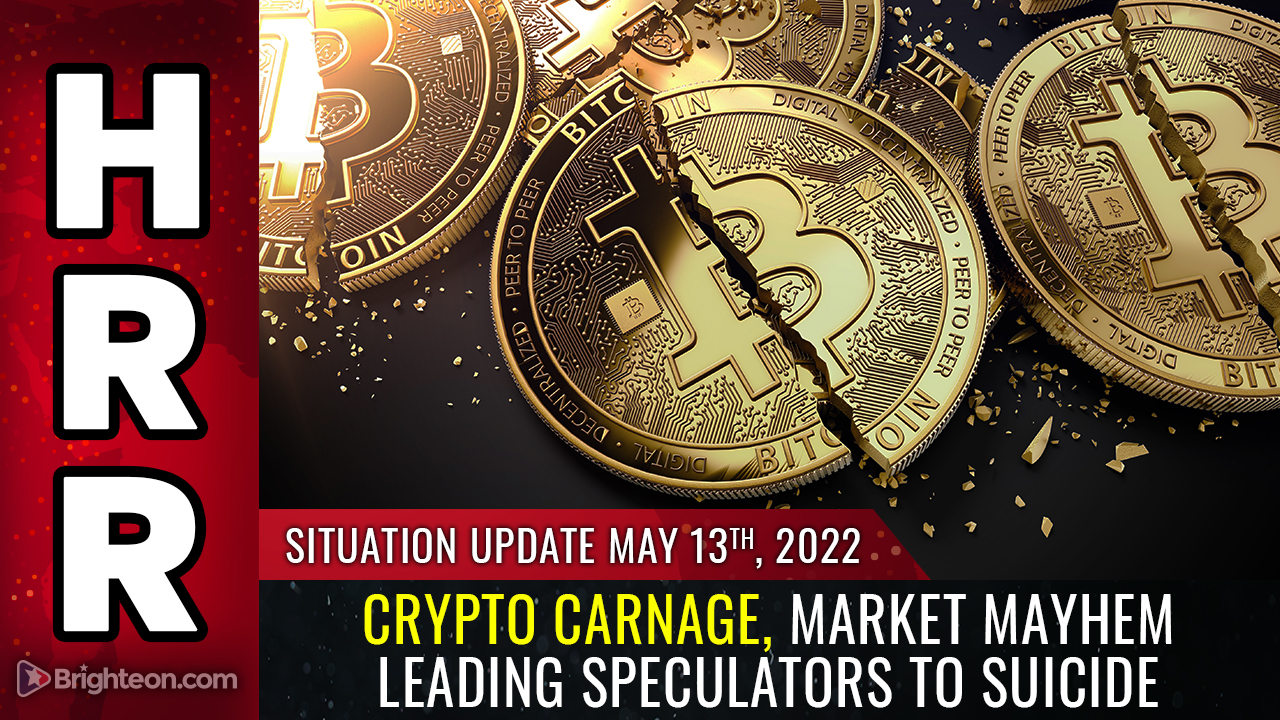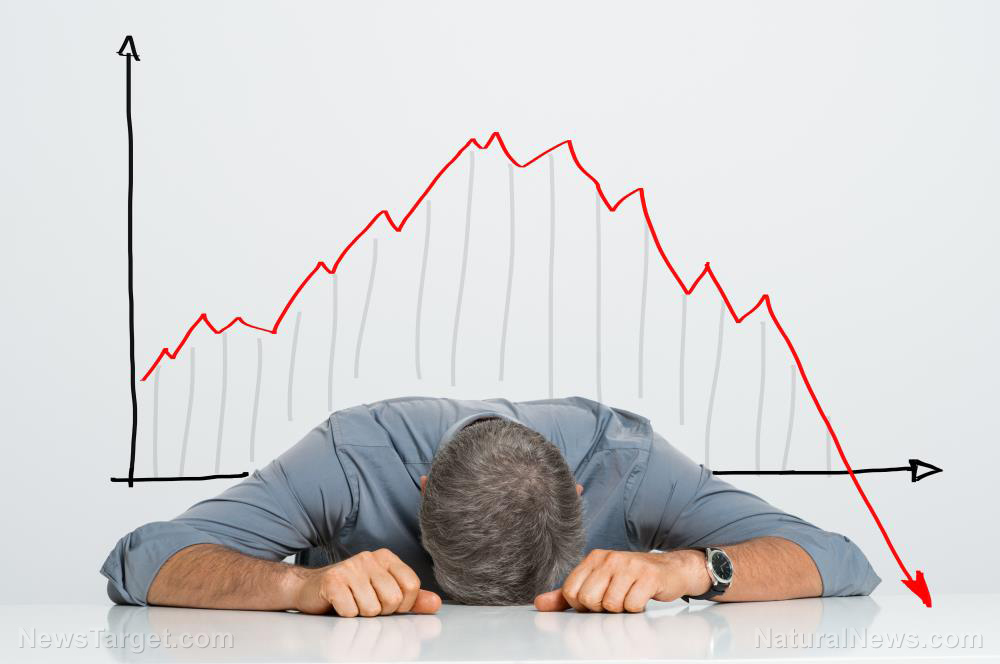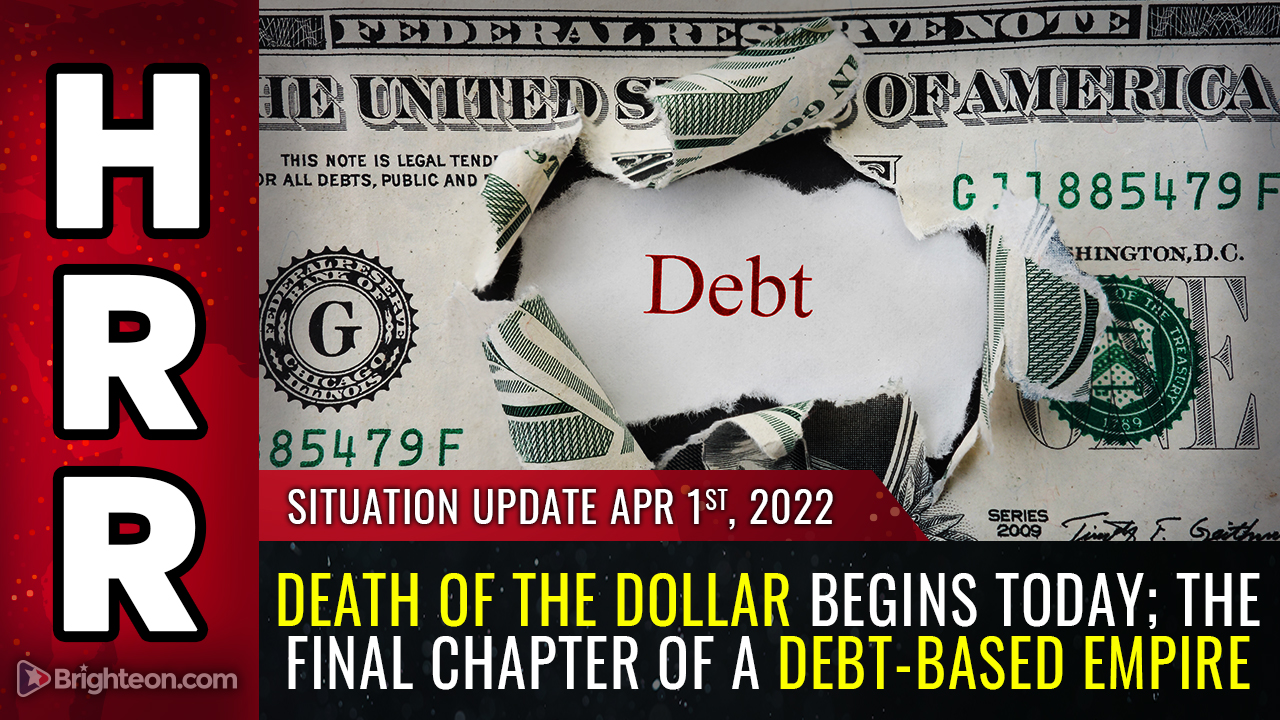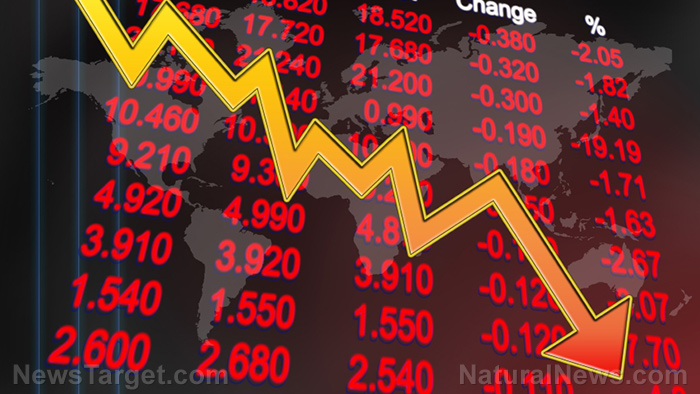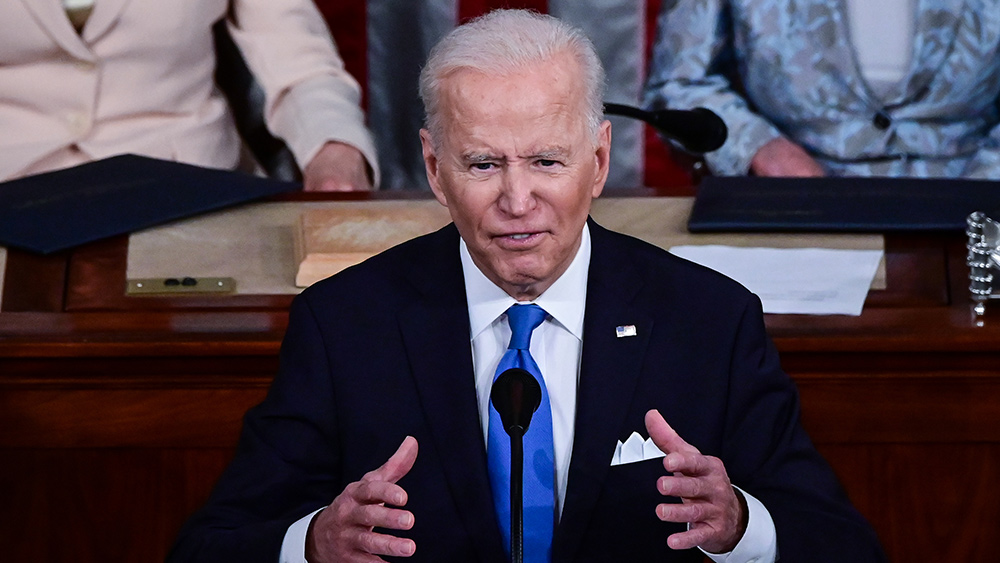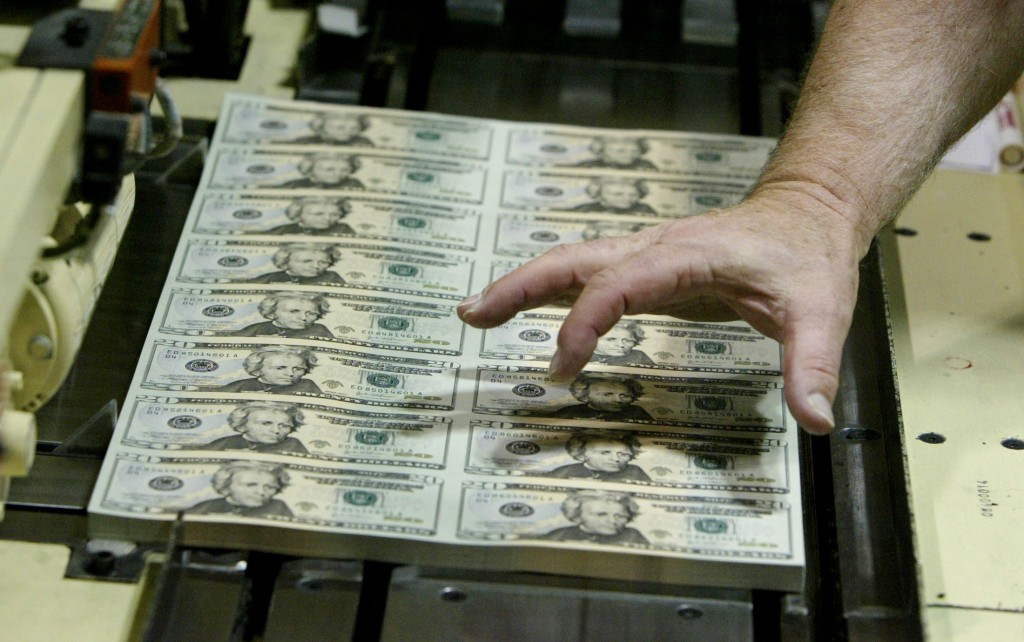Nearly two-thirds of Americans are now living paycheck to paycheck amid inflation crisis
05/16/2022 / By Arsenio Toledo

As inflation keeps raising the price of everything from food to fuel, many Americans are now living paycheck to paycheck.
Wage growth in America is the highest it has been in years. But the average worker in the United States is still losing money because of inflation, which is rising at a higher rate than wages. This means the gains workers are seeing in their larger paychecks are going straight to paying for food, gas or rent. (Related: Worker productivity under Biden experienced a 7.5% drop, its biggest decline since 1947.)
“Rising prices are putting household budgets in a vise,” said Greg McBridge, chief financial analyst for consumer financial services company Bankrate. “Price increases are widespread, but look at food and shelter – which together accounts for 40 percent of the weighting in the CPI [Consumer Price Index] and more than that for many households.”
According to peer-to-peer lending company LendingClub, as of March, 64 percent of the U.S. population is living paycheck to paycheck. This amounts to about 166 million adults.
LendingClub defined living paycheck to paycheck as “devoting all of one’s salary to expenses with little to nothing left over at the end of the month.”
“The number of people living paycheck to paycheck today is reminiscent of the early days of the pandemic and it has become the dominant lifestyle across income brackets,” said Anuj Nayar, financial health officer for Lending Club. In early 2020, 65.7 percent of Americans were living paycheck to paycheck, according to LendingClub’s data.
“As inflation we have not seen in a generation takes more of our paychecks for everyday needs, Americans across incomes and credit scores are increasingly relying on credit products just to get by,” said Nayar. “That is why the financial services industry must offer better tools to help bridge the gap.”
Credit card balances rising as Americans struggle to get by
LendingClub noted that as Americans struggle to afford their daily expenses, many of those forced to spend beyond their means are relying more and more on credit cards. The company’s survey found that more Americans are carrying higher monthly balances, making them financially more vulnerable.
According to a report from the Federal Reserve Bank of New York, year-over-year credit card balances have been rising, reaching $841 billion during the first three months of 2022.
At the rate that it’s increasing, balances could soon reach record levels – and even breach the $1 trillion mark – amid continuously rising prices for groceries, gas, rent and other necessities.
Even as credit card use can keep Americans from worrying too much about their expenses, inflation will still be a huge headwind in the near and longer-term. This means living paycheck to paycheck will continue to be a regular occurrence in American life.
“We’re going to have to look at the economic system itself and work out better ways to ensure that money is being used to the best extent possible – and how best to manage against this inflationary push,” said Nayar.
The latest news about America’s inflation crisis can be found at Inflation.news.
Watch this episode of the “Health Ranger Report” as Mike Adams, the Health Ranger, talks about how the U.S. is continuing to export food and fuel while Americans are facing starvation and scarcity.
This video is from the Health Ranger Report channel on Brighteon.com.
More related stories:
Shocking report reveals US workers are producing less but costing MORE, as Biden’s economy implodes.
It’s mid-2022 and the Fed has still done nothing to fight inflation.
Americans are quitting jobs at record pace, forcing employers to offer more to attract workers.
Remote workers blame inflation, rising cost of gas for need to work from home.
Despite wage increases, the average US worker lost money in 2021 due to soaring inflation.
Sources include:
Submit a correction >>
Tagged Under:
Bubble, Collapse, credit card debt, debt bomb, debt collapse, economic crash, economy, financial collapse, financial crisis, Inflation, market crash, money supply, paycheck, paychecks, products, risk, wages
This article may contain statements that reflect the opinion of the author
RECENT NEWS & ARTICLES
COPYRIGHT © 2017 PENSIONS.NEWS
All content posted on this site is protected under Free Speech. Pensions.news is not responsible for content written by contributing authors. The information on this site is provided for educational and entertainment purposes only. It is not intended as a substitute for professional advice of any kind. Pensions.news assumes no responsibility for the use or misuse of this material. All trademarks, registered trademarks and service marks mentioned on this site are the property of their respective owners.


